- Have any questions?
- +86-189 8930 5995
- sales@mosinterchem.com.cn
Nicotinamide CAS 98-92-0

Allantoin CAS 97-59-6
17/12/2018
Methyl 4-hydroxybenzoate CAS 99-76-3
17/12/2018| Model: | MOS98-92-0 |
| Brand Name: | MOSINTER |
| CAS No.: | 98-92-0 |
| Melting Point: | 128-131 °C(lit.) |
| Boiling point: | 150-160 °C |
| Density: | 1.40 |
| Flashing point: | 182 °C |
| Storage condition: | 0-6°C |
| Form: | powder |
| Color: | white |
| Soluble: | 1000 g/L (20 ºC) |
Nicotinamide(CAS: 98-92-0)
| Item | Index |
| Appearance | White crystalline powder |
| Odor | odorless or almost odorless |
| Solubility | freely solubles in water or ethanol,solubles in glycerine |
Nicotinamide, also known as niacinamide and nicotinic amide, is the amide of nicotinic acid (vitamin B3 / niacin). Nicotinamide is a water-solublevitamin and is part of the vitamin B group. Nicotinic acid, also known as niacin, is converted to nicotinamide in vivo, and, though the two are identical in their vitamin functions, nicotinamide does not have the same pharmacological and toxic effects of niacin, which occur incidental to niacin’s conversion. Thus nicotinamide does not reduce cholesterol or cause flushing, although nicotinamide may be toxic to the liver at doses exceeding 3 g/day for adults. In cells, niacin is incorporated into nicotinamide adenine dinucleotide (NAD) and nicotinamide adenine dinucleotide phosphate (NADP), although the pathways for nicotinic acid amide and nicotinic acid are very similar. NAD+ and NADP+ are coenzymes in a wide variety of enzymatic oxidation-reduction reactions. It’s produced by the aqueous aminolysis of 3-cyanopyridine (nicotinonitrile) and subsequent crystallization.
Use in medicine
Skin conditions
Nicotinamide has demonstrated anti-inflammatory actions that may be of benefit to patients with inflammatory skin conditions. These conditions include acne vulgaris, and the compound can suppress antigen-induced, lymphocytic transformation and inhibit 3′,5′-cyclic-AMP phosphodiesterase. Nicotinamide has demonstrated the ability to block the inflammatory actions of iodides known to precipitate or exacerbate inflammatory acne.
NicAzel and Nicomide are the names of oral acne medications that include nicotinamide as their most predominant ingredient, based on this area of research. Nicotinamide is also found as part of a new adjunct supplement combination called, AzerizinTM. According to the makers of Azerizin, this adjunct is part of their prescription dietary supplement product, which they claim helps manage inflammatory skin conditions. Nicotinamide is also used topically as a 4% or 5% gel or cream – as effective as topical 1% clindamycin (8-week double-blind trial) performed at the New York University College of Medicine. Unlike topical Erythromycin or Clindamycin it does not develop any bacterial resistance in treating inflammatory acne. Nicotinamide acne treatment is also available as Nicotinamide pads and cream.
Nicotinamide is also reported to be an effective skin whitener in topical application.
Anxiety
Studies show that nicotinamide has anxiolytic (anti-anxiety) properties. It may work in a way similar to benzodiazepines.
Alzheimer’s Disease
It is an activator of sirtuins (but inhibits at higher doses) and has been reported to restore cognition in Alzheimer’s disease transgenic mice. A safety study of niacinamide for the treatment of Alzheimer’s disease is currently underway at the University of California, Irvine.
Cancer
Nicotinamide acts as a chemo- and radio-sensitizing agent by enhancing tumor blood flow, thereby reducing tumor hypoxia. Niacinamide also inhibits poly(ADP-ribose) polymerases (PARP-1), enzymes involved in the rejoining of DNA strand breaks induced by radiation or chemotherapy. PARP-1 appears to be an important target for triple negative breast cancers because the cells are sensitive to inhibition of PARP-1. Niacinamide is also used by some patients in combination with intravenous vitamin C therapy for cancer. It has also been seen to prevent immunosuppression caused by UVA and UVB radiation (so it could potentially be added to sunscreen).[
Apoptosis
Nicotinamide can prevent apoptosis (programmed cell death) in cells exposed to agents that induce oxidative stress. Thus nicotinamide prevents apoptosis in human cortical neuronal cells when oxidative stress is induced by tertiary butylhydroperoxide, and in Jurkat (human T-cell lymphoma cells) when oxidative stress is induced by sodium deoxycholate.
Other
Nicotinamide reportedly increases the endurance of mice
You must be logged in to post a review.
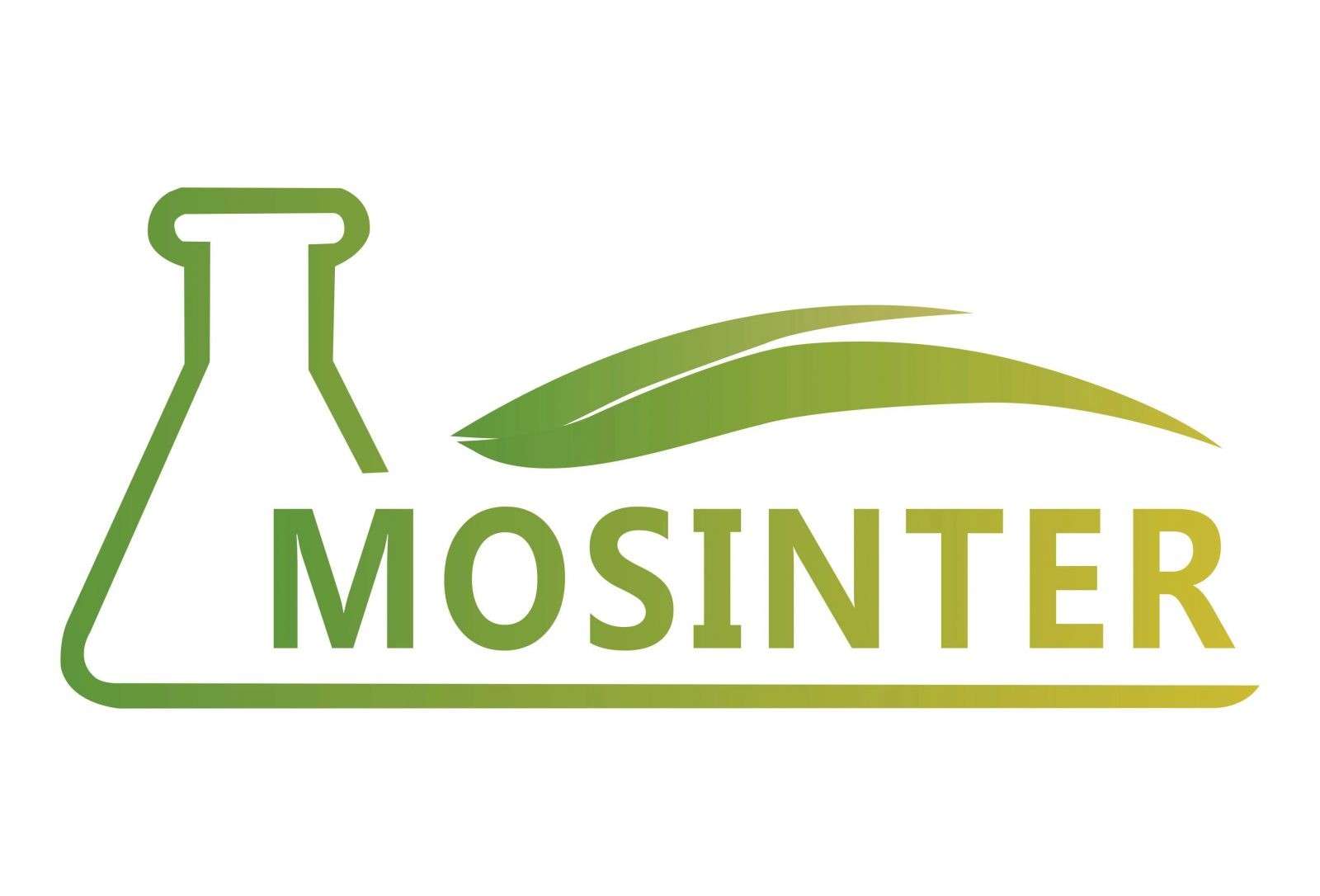
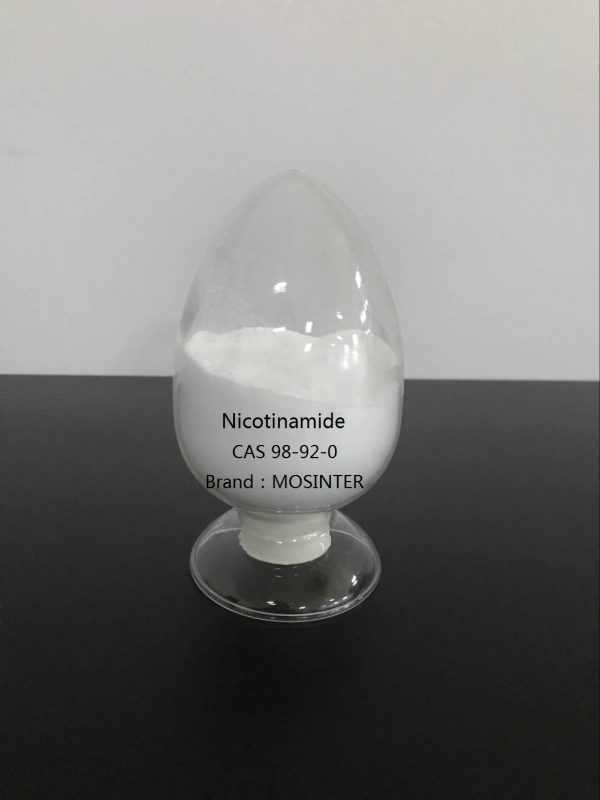
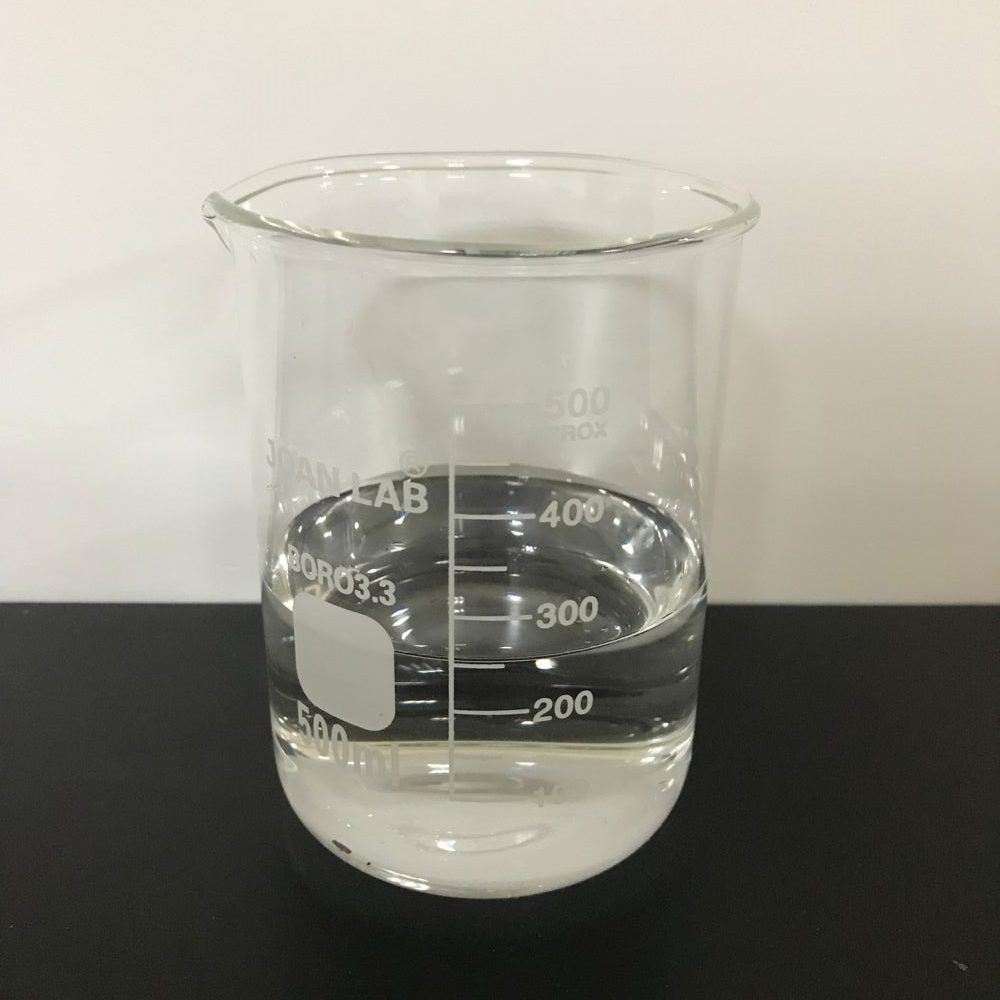
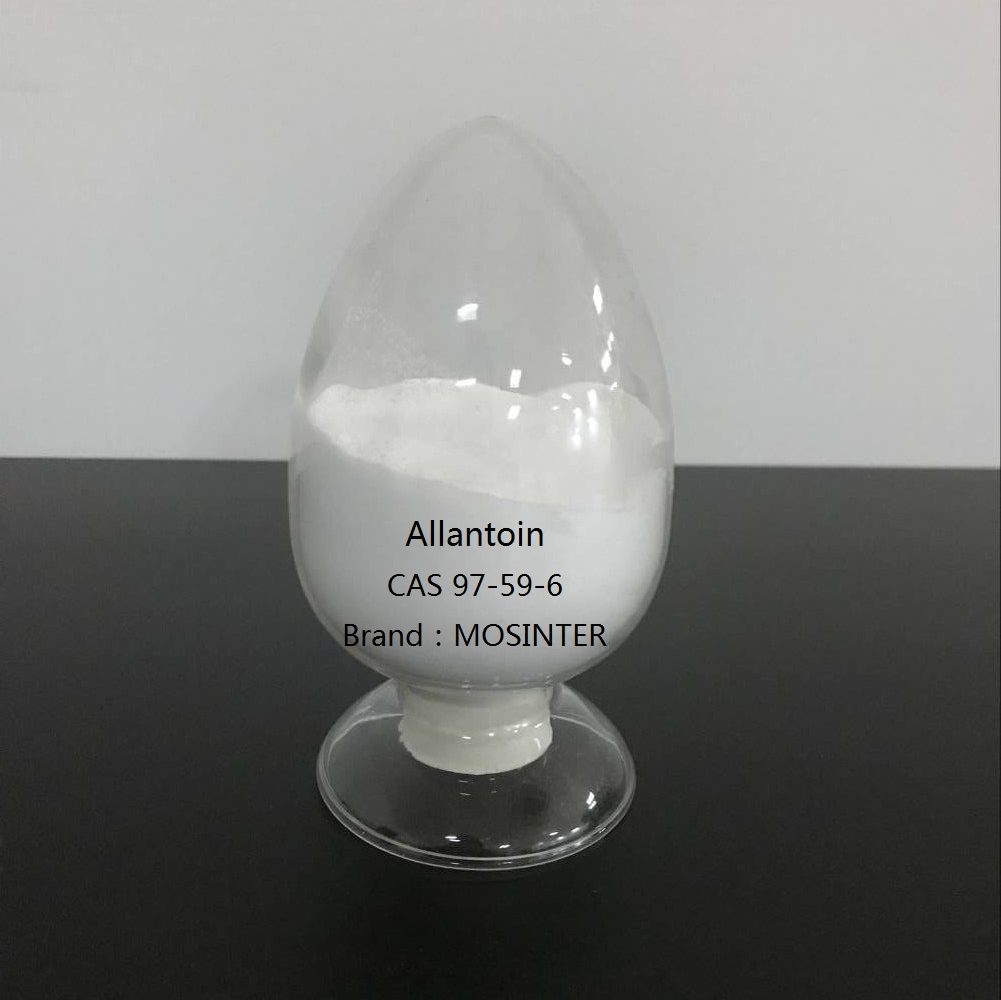
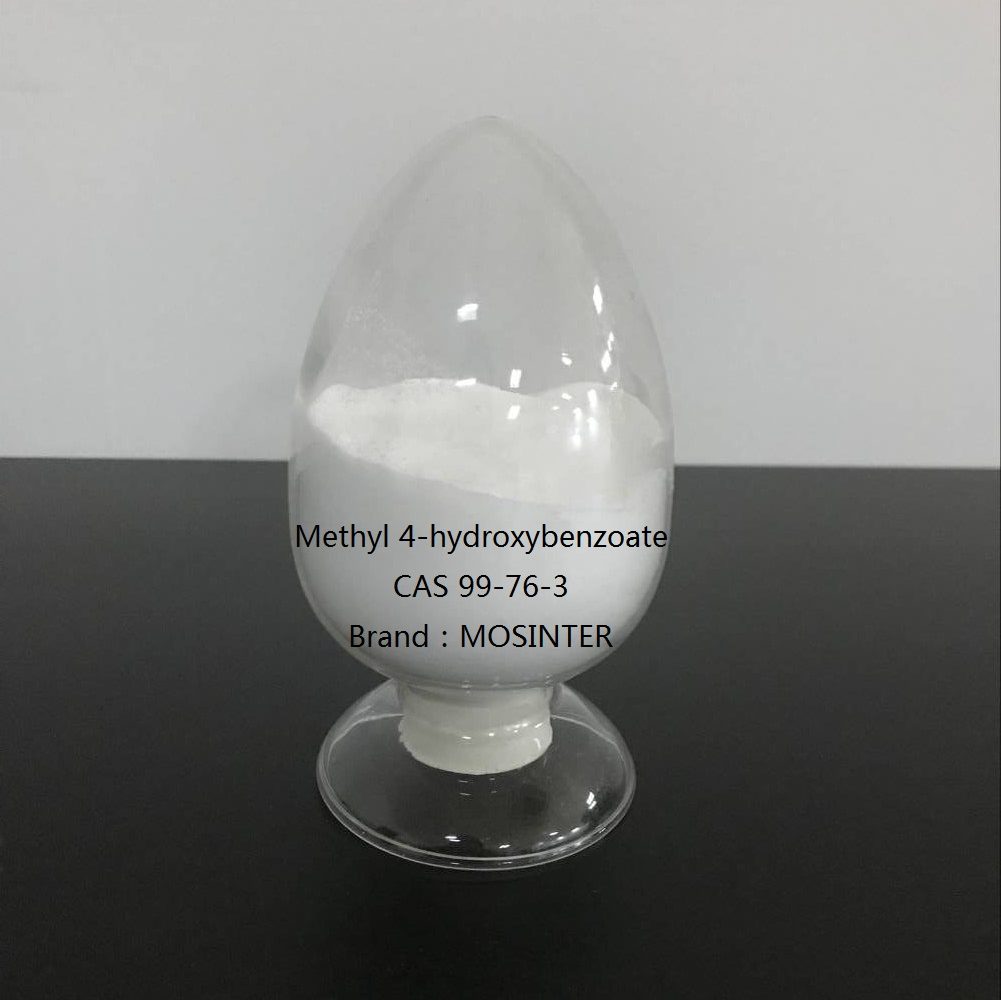
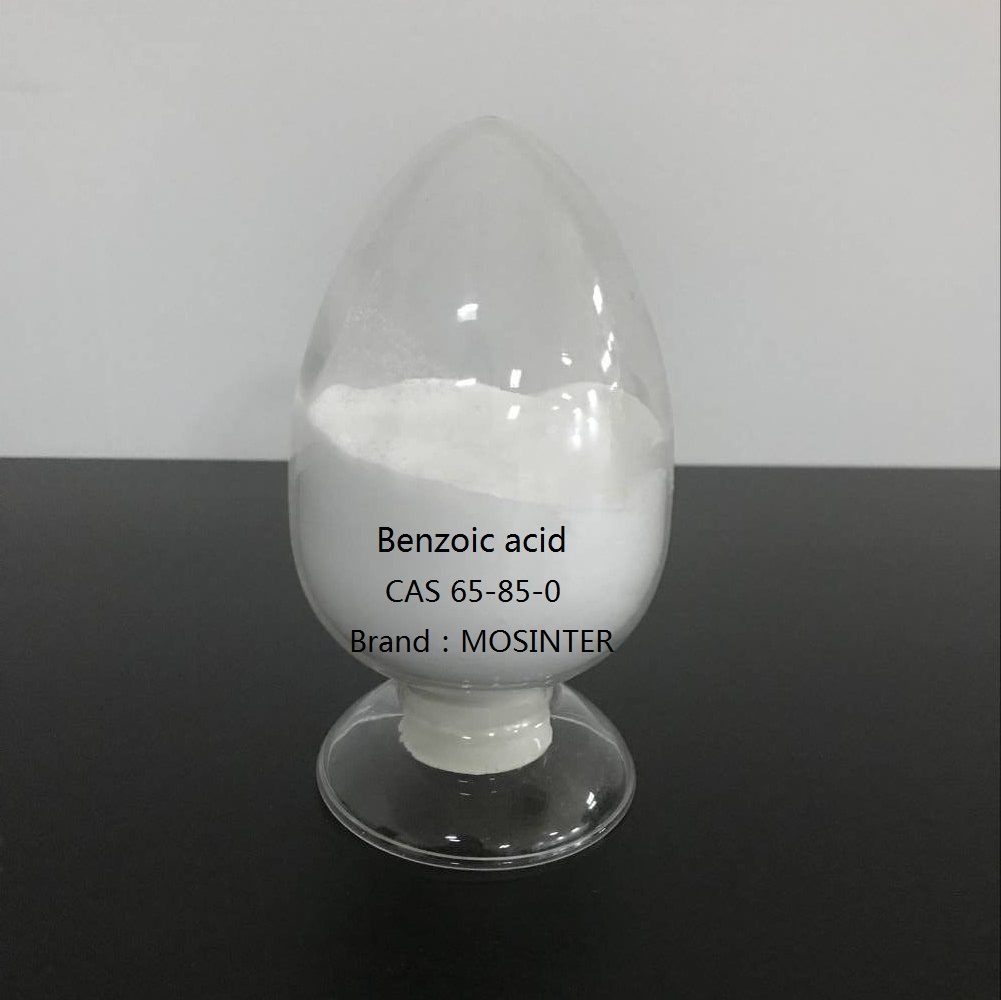
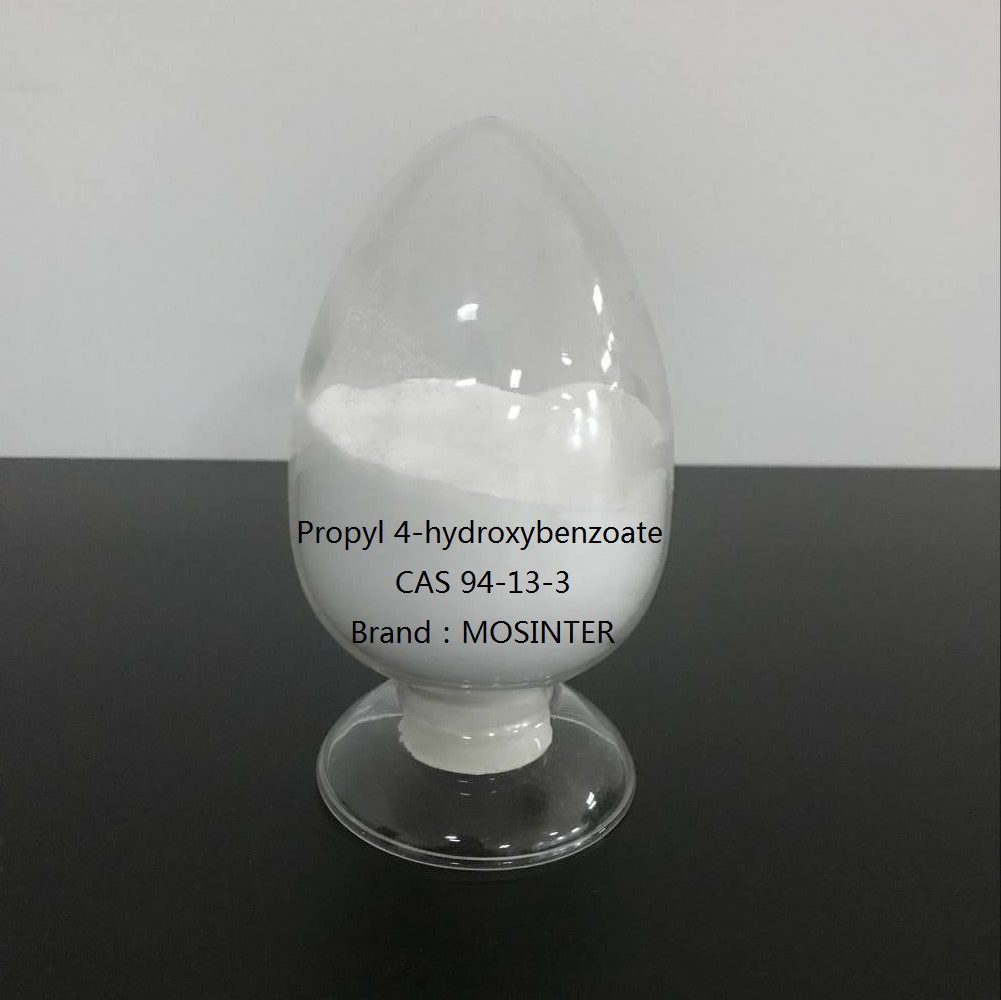
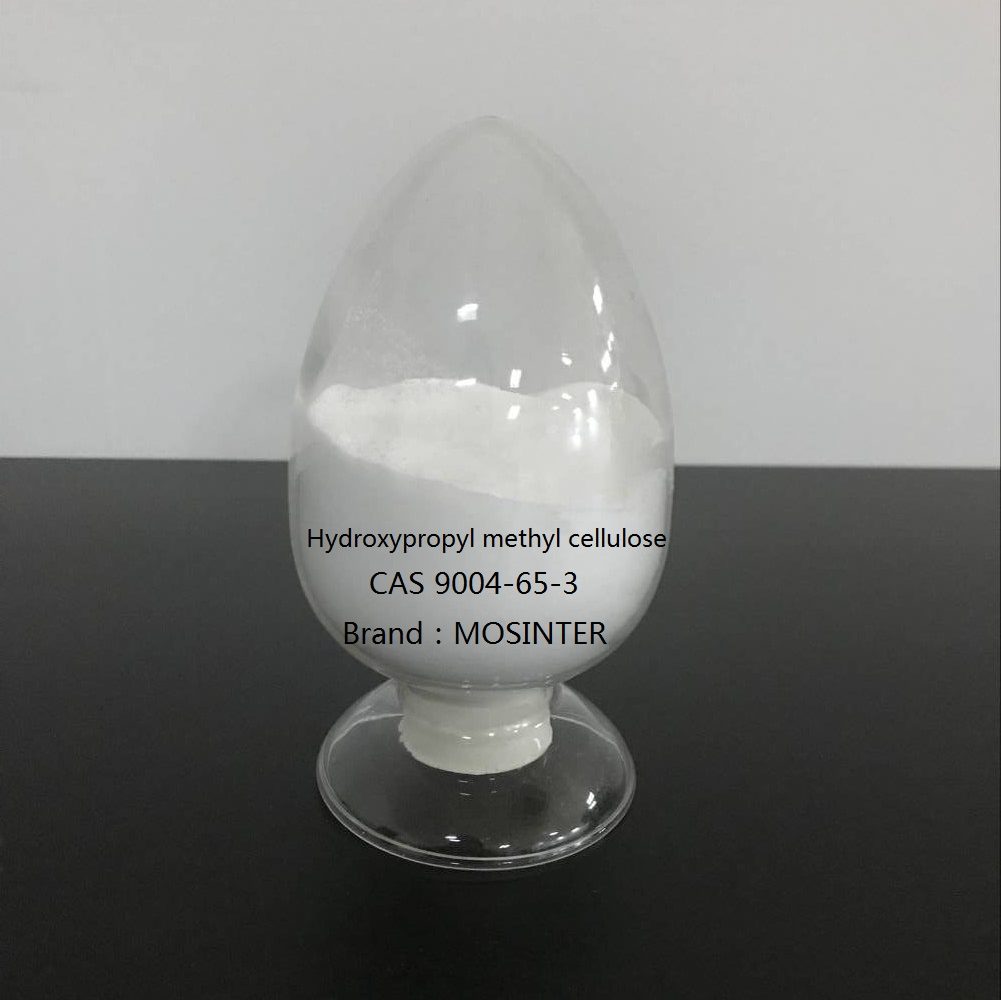
Reviews
There are no reviews yet.